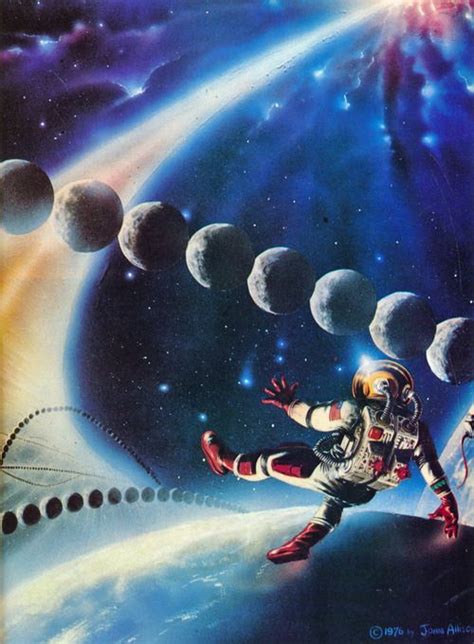A Quote by Ian MacKaye
The Fugazi Live Series site, when we realized the Internet, the way it works - the speeds and its development - made it possible to have one source of infinite copies, was incredible for us. Using tapes or CD's to make copies would have been so unwieldy. We have shows that have zero downloads, which makes me sad, but they're all freely available at any time. The most downloaded show was the one with the best audio quality, but I didn't think it was a very interesting show.
Related Quotes
Ever heard of anyone executed for distributing copies of Grimm's fairy tales? Imagine people trying to smuggle copies of Hans Christian Andersen's works into China? The Bible, which has been called a mere collection of myths has suffered all of these fates: even today, copies of the Bible are banned and burned. There's something about this ancient book that threatens and frightens those in power.
I'm so grateful that the Internet and the DVD came along because, otherwise, something like 'Freaks And Geeks' would have been dead. At the time we made the show, those avenues weren't really available, and the idea of the show carrying on after it was canceled was something that didn't really happen.
The most tragic moment of my life was the first show I ever designed for. I had been asked to make shoes for Ossie Clark's show in the early '70s. I was so inexperienced that I didn't put the steel in the heels of the shoes, which is required to support the shoe and the wearer. So the girls came out walking very strangely in these rubber, bendy high-heeled shoes I had made. I thought 'Oh dear god! This is the end of me.' But after the show, even David Hockney and Cecil Beaton said to me 'It was so interesting that the girls were moving in such a different way.'
Also, when we did "Smallville," we didn't have an opportunity to interact with people who watched the show. And see what they had to say and listen to criticism and listen to praise at the same time. So a lot of this is a new experience and it's very interesting and rewarding for us. I think we get honest feedback. You get hate. You get a lot of love as well. And I'm actually very curious what people think of the show. For us, it's been a passion project of ours, and an incredibly challenging show to make.
The theme of counterfeits, of those that produce and sell them, has always been part of the culture of M.I.A. When I was contacted by Versace, it seemed a great idea to invert the circle. Versace's designs have always been copied; now it's Versace that copies the copies, so those that copy must copy the copies. So this will continue.
Obviously, there are those in the industry who don't give romance novels the level of respect the sales would warrant. They'll talk about a book that sells maybe 100,000 copies, that happens to be very literary, whereas something like 'Crossfire' will sell 13 million copies in a single language and hardly get any mentions at all.
Where we're telling the story of the history of the ensemblist [in the "Ensemblist Essentials"], using the nine musicals that have won the Pulitzer Prize for Drama as fixed points in time We're going from 1931 to 2016 and using these shows to talk about what the typical show was like for an ensemblist at the time; did this show change anything about that job, while it was changing everything about the way theatre was written and produced and made?
It's not that you have jobs on the Internet, but the Internet makes it possible for more people to build their own jobs. What it does is, it erodes the power of institutions. It used to be you needed an institution to have a job. But, if you look at the three of us on this show, I don't think any of us is really employed by an institution. We run our own lives.



































